SUMMARY
This is AI generated summarization, which may have errors. For context, always refer to the full article.
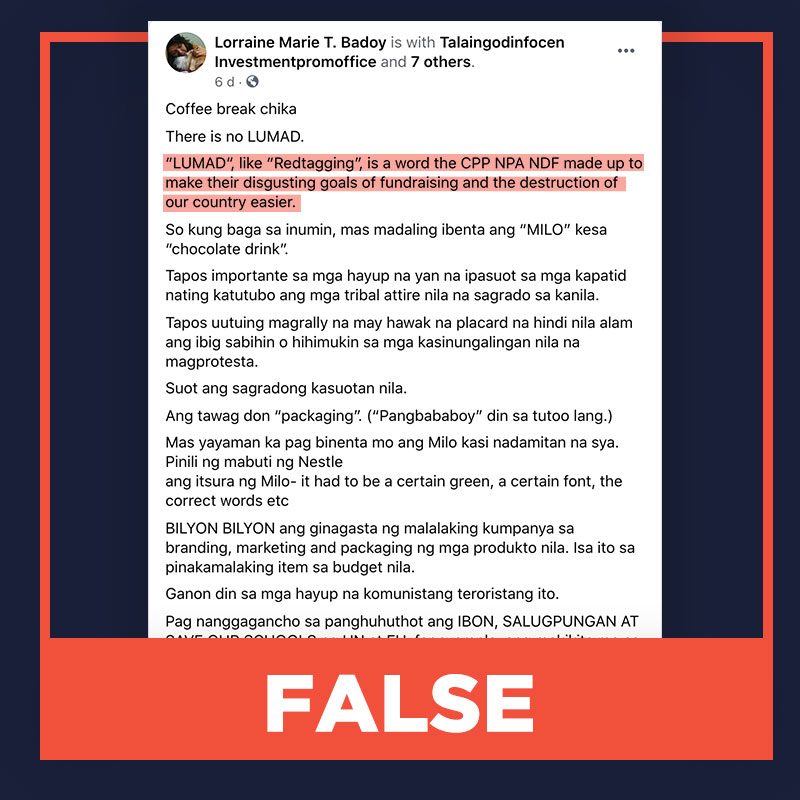
At a glance:
- Claim: “Lumad” is a word that was made up by the Communist Party of the Philippines (CPP), New People’s Army (NPA), and National Democratic Front of the Philippines (NDF).
- Rating: FALSE
- The facts: “Lumad” is a “Bisayan term” that means “native” or “indigenous.” It was adopted during the Cotabato Congress in 1986 to distinguish Mindanao ethnic groups from Moros and Christians.
- Why we fact-checked this: This claim was posted by Presidential Communications Coordination Office (PCOO) Undersecretary Lorraine Badoy on Facebook. Her post got 1,100 reactions, 114 comments, and 305 shares as of posting. Badoy’s Facebook profile is followed by 115,519 people.
Complete details:
Spokesperson of the National Task Force to End Local Communist Armed Conflict Lorraine Badoy claimed in a post on Facebook that the word “Lumad” was made up by the Communist Party of the Philippines (CPP), New People’s Army (NPA), and National Democratic Front of the Philippines (NDF).
The post, dated February 19, said, “‘LUMAD,’ like ‘Redtagging,’ is a word the CPP NPA NDF made up to make their disgusting goals of fundraising and the destruction of our country easier.”
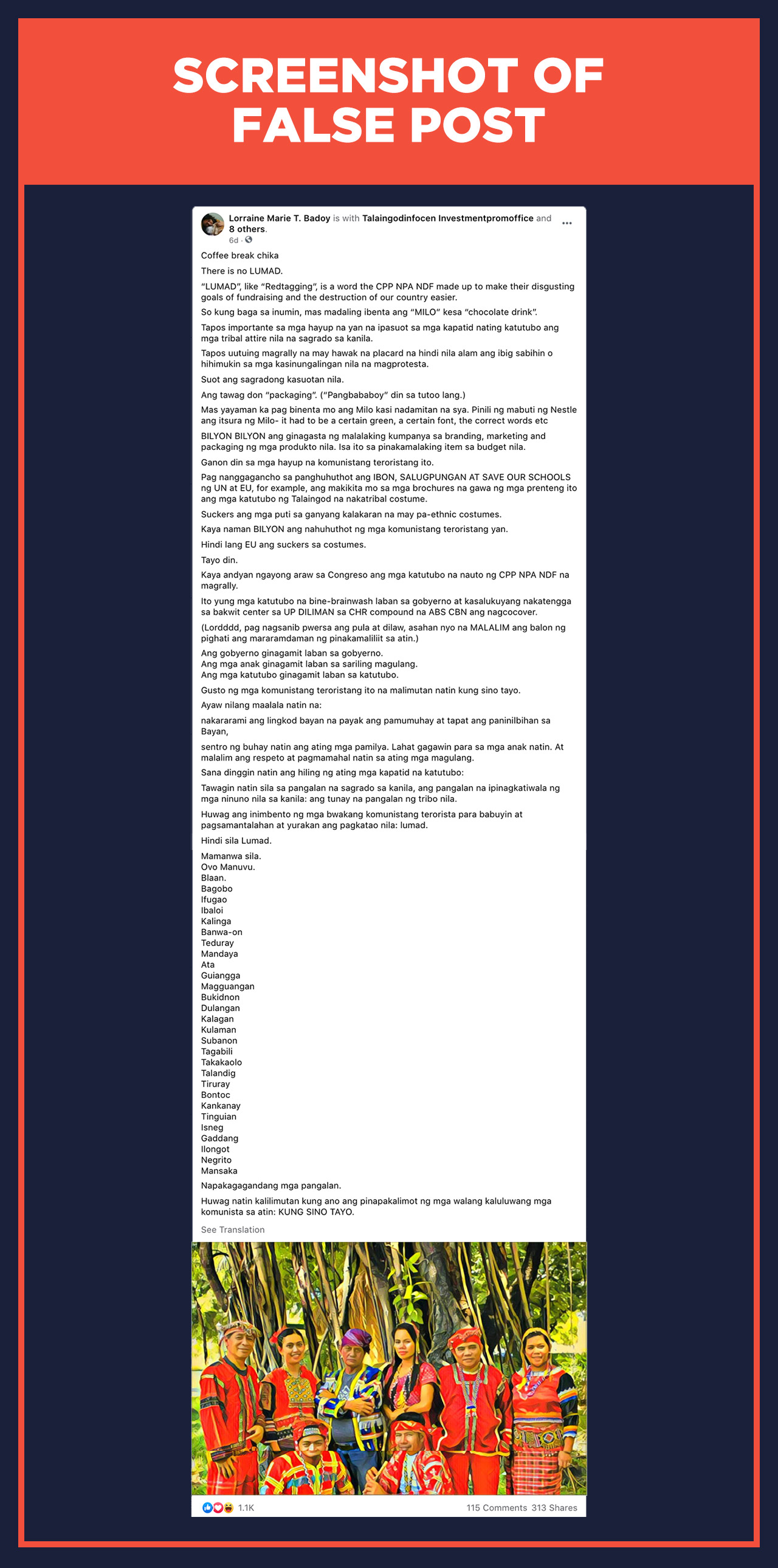
Rappler had previously fact checked her claim that “red-tagging” is a word made up by the CPP-NPA-NDF.
Badoy’s post has had 1,100 reactions, 114 comments, and 305 shares as of posting. Her verified profile is followed by 115,519 people.
This claim is false. The term “Lumad” was not created by the CPP-NPA-NDF.
“Lumad” is a “Bisayan term” meaning “native” or “indigenous,” according to an article on the National Commission for Culture and the Arts (NCCA) website. The word was adopted by 15 Mindanao ethnic groups after the Cotabato Congress in June 1986 to distinguish them from the Moro and Christians.
The NCAA article was written by Faina Ulindang a professor at the Department of History at Mindanao State University and a lecturer at its graduate school. It does not mention the CPP, NPA, or NDF.
The book Lumad Mindanao, published by the National Museum of the Philippines in 2020, says “Lumad” is a Visayan word meaning “born of the earth.” It also mentions the decision to use this term after a discussion in Cotabato in 1986.
According to Lumad Mindanao, “While the groups themselves perceive this term as a necessary political category, they have maintained use of their distinct locative group names, a seemingly common practice among ethnolinguistic groups in the Philippines, which was also observed in Luzon.”
Though the book mentions that Lumad communities have been caught in the conflict between the national government and the NPA, it does not say that the term “Lumad” was created by the NPA.
A chapter in the book Handbook of Ethnic Conflict, published in 2012, also says Lumad is a “Cebuano Bisayan term” that means “indigenous.” It does not credit the CPP-NPA-NDF for coining the term. It said: “This [term] was adopted by the indigenous peoples themselves because whenever the 30 or so Lumad tribes come together for regional assemblies, Cebuano, the language of Cebu in the Visayas in central Philippines, is their lingua franca.”
The chapter, titled, “The Moro Struggle and the Challenge to Peace-building in Mindanao, Southern Philippines,” was written by Cristina J. Montiel and Judith M. de Guzman, both from Ateneo de Manila University’s Department of Psychology, and by Rudy B. Rodil, a Mindanao historian and former vice chair of the Moro Islamic Liberation Front peace panel for negotiations. – Vernise Tantuco/Rappler.com
Keep us aware of suspicious Facebook pages, groups, accounts, websites, articles, or photos in your network by contacting us at factcheck@rappler.com. Let us battle disinformation one fact check at a time.
Add a comment
How does this make you feel?
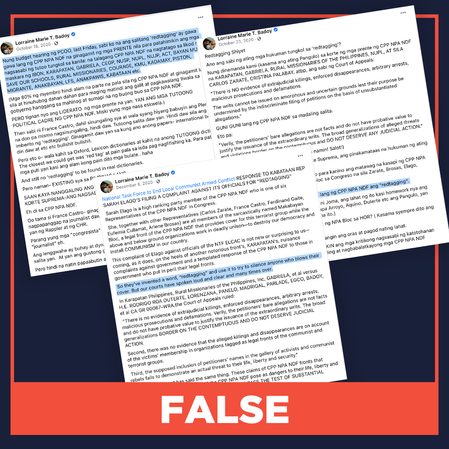



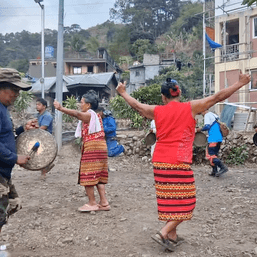

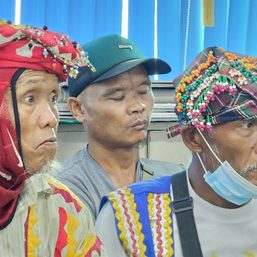
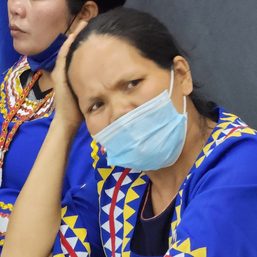

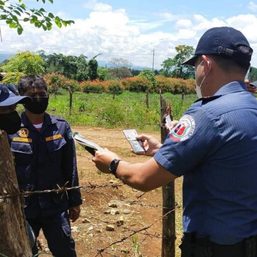

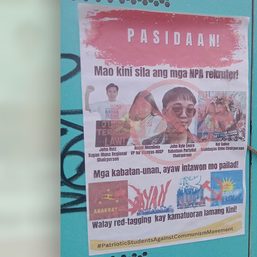

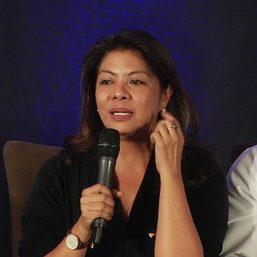
![[OPINION] Jhed and Jonila’s fight for justice](https://www.rappler.com/tachyon/2024/02/TL-jhed-and-jonilla.jpg?resize=257%2C257&crop=411px%2C0px%2C1080px%2C1080px)
There are no comments yet. Add your comment to start the conversation.